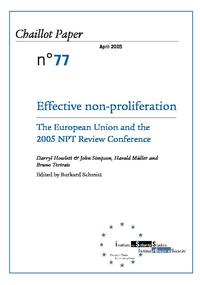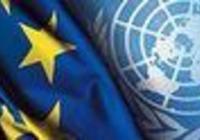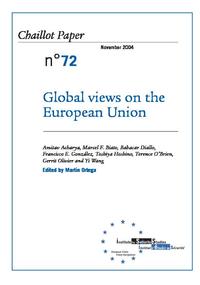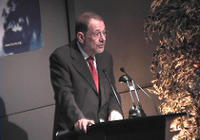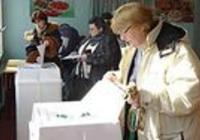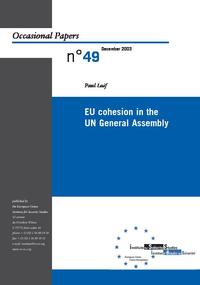Global governance - understood as a combination of security providers, policies and underlying norms – is directly affected by the simultaneous evolution of threats and shifting centres of power. On the one hand, the world remains characterised by instability, conflict and human suffering, as well as by high levels of strategic uncertainty. On the other, institutions like the United Nations, the African Union or the European Union itself – as well as non-governmental organisations – have developed a wide range of tools to tackle evolving dangers.
International law and regimes, including norms on intervention (peacekeeping, the responsibility to protect) or justice (International Criminal Court), also provide a political and legal framework for global regulation efforts.But existing mechanisms are being increasingly called into question over their effectiveness and levels of legitimacy, in particular by those not represented in decision-making. This in turn challenges the position and role of the European Union and its aspirations to be both a norm-setter and a broad security provider.
